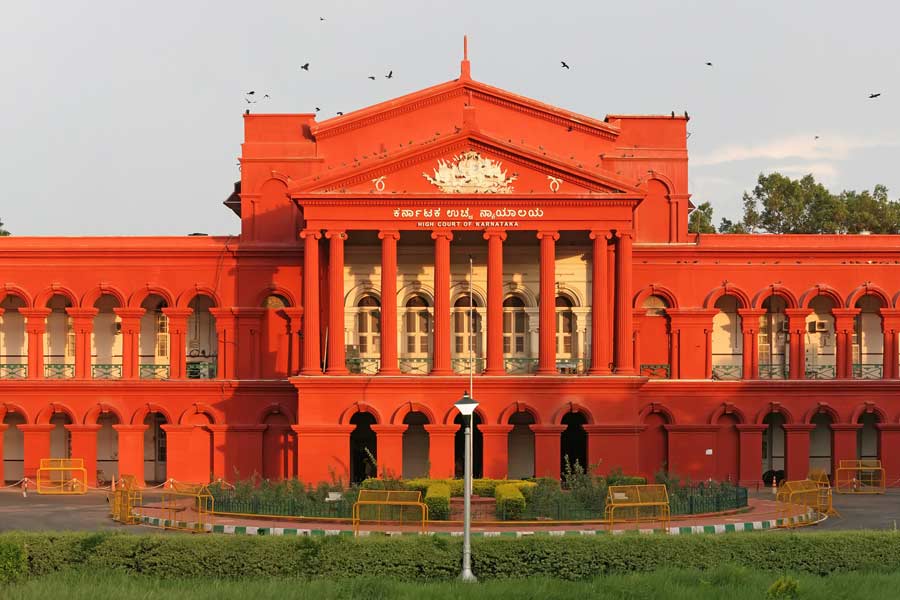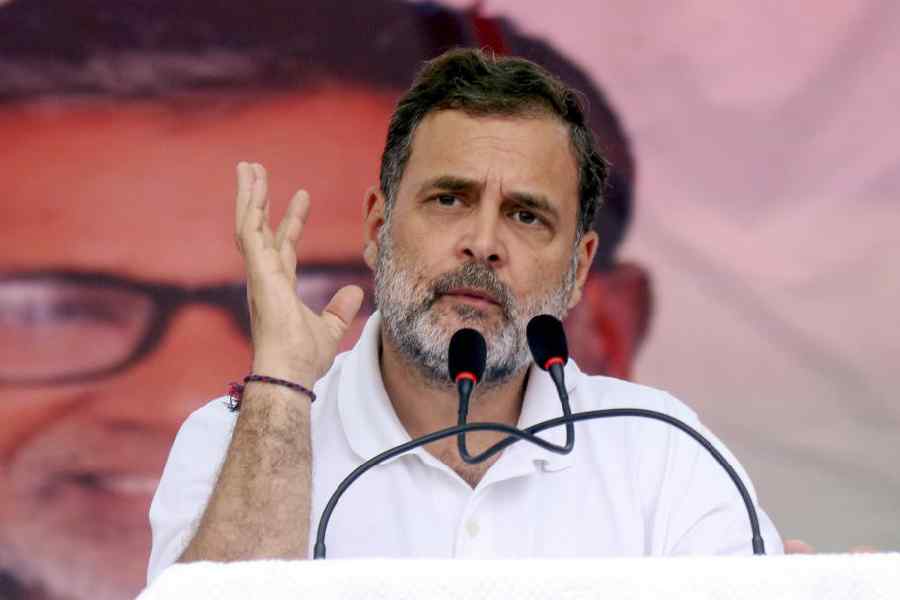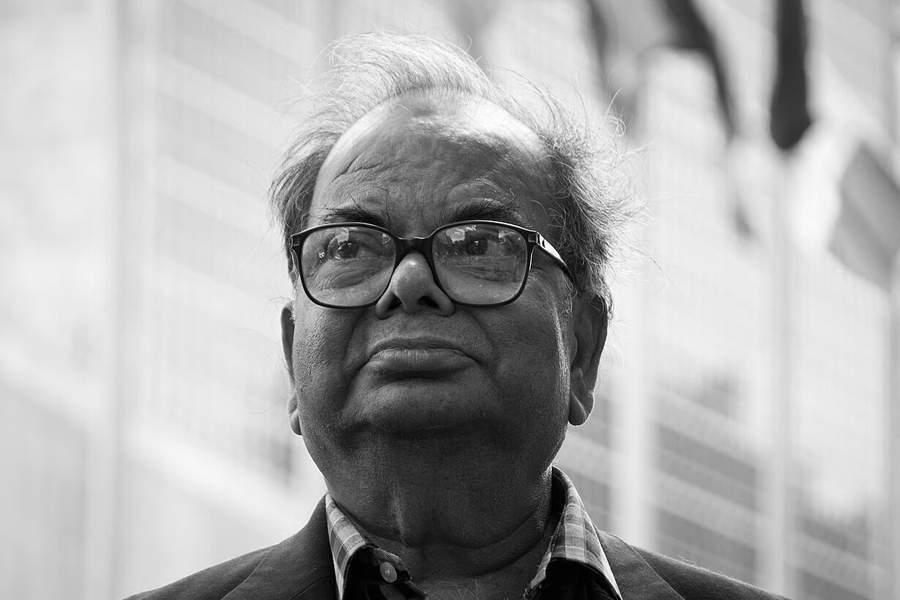The Karnataka High Court on Wednesday rejected the social media platform X Corp's petition challenging the authority of the government officials to issue content takedown orders under the Information Technology Act.
"The content on social media needs to be regulated and its regulation is a must, more so in cases of offences against women in particular failing which right to dignity as ordained in the Constitution gets railroaded," said Justice M. Nagaprassana while hearing the case, reported LiveLaw.
"...Information and communication, it's spread or speed has never been left unchecked and unregulated. It has always been a subject matter of regulation. As and when the technology develops from messengers to postal aids till the age of WhatsApp, Instagram and Snapchat, all have been regulated by regulatory regimes subsisting then and subsisting today, both globally and locally," Justice Nagaprassana said.
The government's power to direct social media companies to block or remove unlawful content under Section 79(3)(b) of the IT Act stands reinforced with the petition dismissed.
The court also noted that X Corp is subject to a regulatory regime in the United States and it chooses to follow the law which criminalises violation of takedown orders.
"But the same petitioner refuses to follow the same in the shores of this nation of similar takedown orders which are founded upon illegality. This is sans countenance. The petition for all the aforesaid reasons lacking in merit stands rejected."
"Every platform that seeks to operate within the jurisdiction of our nation, which they do, must accept that liberty is yoked with responsibility and the privilege of access carries with it the solemn duty of accountability," Justice Nagaprasanna said.
The court passed the order in X Corp's plea seeking a declaration that Section 79(3)(b) IT Act does not confer the authority to issue information blocking orders and such orders can only be issued after following the procedure under Section 69A of the Act read with the Information Technology (Procedure and Safeguards for Blocking for Access of Information by Public) Rules.
The court had reserved its verdict on the plea on July 29.
The platform had further sought a direction to various ministries of the Union of India from taking coercive or prejudicial action against X in relation to any 'Information Blocking Orders' issued other than those issued in accordance with section 69A of the IT Act.
It had also sought protection from any coercive action against the company, its representatives or employees, for not joining the censorship portal 'Sahyog', till the final adjudication of its petition.
'Sahyog' Portal has been developed to automate the process of sending take down notices under Section 79(3)(b) of the Information Technology Act, 2000, to intermediaries by the appropriate government or its agency, to facilitate the removal or disabling of access to any information, data or communication link being used to commit an unlawful act.
As per Section 79(3)(b), an intermediary can lose its safe harbour --- which protects platforms from liability for third-party content --- if it fails to remove or disable access to content upon being informed by the “appropriate” government or its agency. X argues that this provision does not grant the government blocking powers. The company contends that government authorities are misusing this section to bypass the safeguards of Section 69A and arbitrarily censor online content.
Multiple Union ministries, including home, finance, railways and defense, have issued notifications designating nodal officers under Section 79(3)(b) to demand content removals. These notifications, X argued, are unconstitutional and must be quashed.
X argued that the government’s actions are directly harming its ability to operate in India. The company maintains that arbitrary blocking orders threaten its business model, which relies on users sharing lawful information.
This legal battle is not X’s first confrontation with India’s content-blocking regime. In 2022, the company challenged the legality of orders under Section 69A that sought to block entire accounts rather than specific tweets, calling it a disproportionate measure. However, the Karnataka high court ruled in 2023 that the government had the authority to block entire accounts and imposed an exemplary cost of Rs 50 lakh on X.
Since 2023, India has ramped up efforts to police the internet by allowing many more officials to file takedown orders and to submit them directly to tech firms through a government website launched in October.











